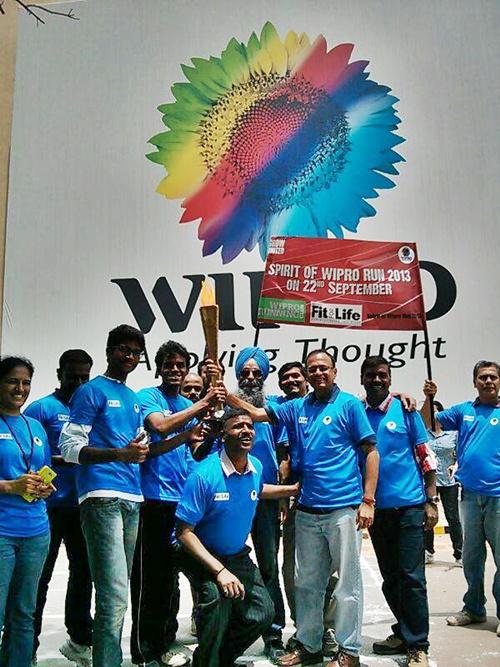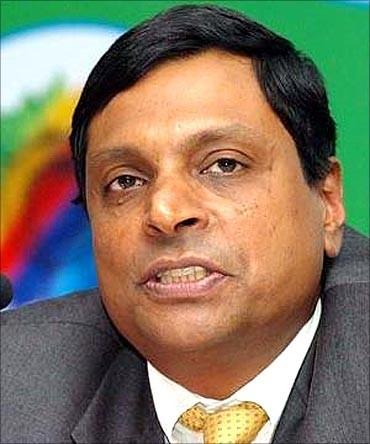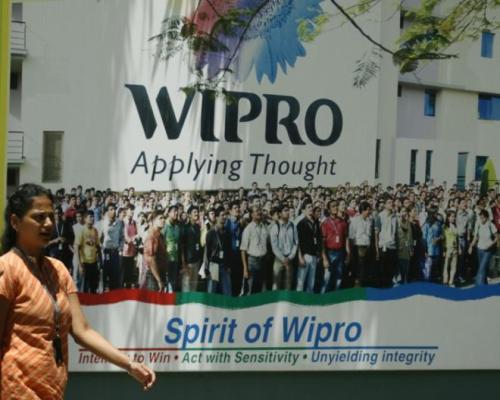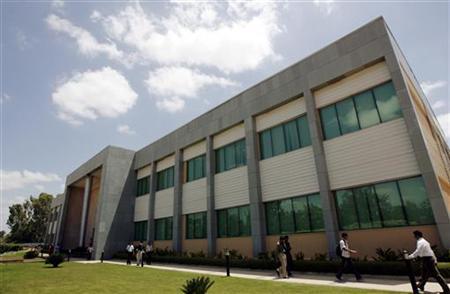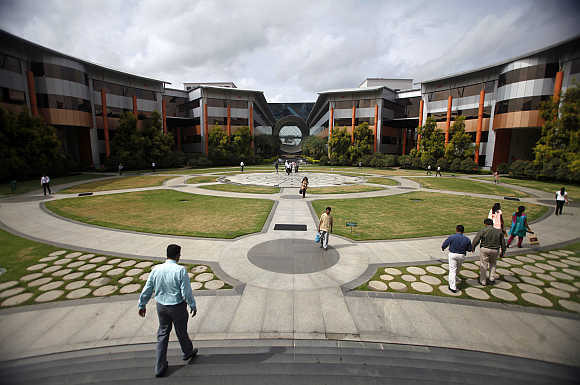 | « Back to article | Print this article |
Loyalty is 'irrelevant', it's performance that matters in Wipro
Wipro, India’s third-largest software services company is making a shift in its human resources practice.
While evaluating employees, it will focus more on performance than the tenure of employment.
Though performance has been part of evaluation at Wipro for years, employees’ tenures at the company also played a role.
Click NEXT to read more...
Loyalty is 'irrelevant', it's performance that matters in Wipro
“Traditionally, the way our model works is, if you have spent 10 years at the company, you are a delivery manager; if you have spent five, you are a project manager; if you have spent one, you are a rookie. Now, we are saying that’s completely irrelevant,” Chief Executive Officer (CEO) T K Kurien told Business Standard. “What we are doing this year is saying, if you have skills, how many years you’ve spent at the company doesn’t matter.”
The company will consider soft and hard skills for assessing performance, to ensure employees are up-to-date with their jobs, Kurien said.
Click NEXT to read more...
Loyalty is 'irrelevant', it's performance that matters in Wipro
“Today, an employee may be working at the cutting edge of a technology and have great customer interaction skills. But tomorrow, that skill may become redundant. When your skill becomes redundant, your grade will drop.”
The new practice, which Kurien expects to bring about a “big change” at Wipro in two-three years, has already been tried by some of its peers.
Click NEXT to read more...
Loyalty is 'irrelevant', it's performance that matters in Wipro
“A lot of IT companies had started it a year ago, when they reduced variable payouts, usually linked with the longevity of an employee at the company and the company’s financials,” said Surabhi Mathur-Gandhi, senior vice-president (IT sourcing), TeamLease Services.
“At large IT companies, underperformers sometimes continue to be shadowed under top performers in their teams. This practice will ensure suitable distribution of rewards between them.”
Click NEXT to read more...
Loyalty is 'irrelevant', it's performance that matters in Wipro
Kris Lakshmikanth, founder-CEO and chairman, Headhunters India, says most large IT companies until recently were promoting employees who had been with them for several years, against global standards.
Now, they are gradually moving towards a merit-based system.
“Meritocracy is not truly applicable in the software services sector… the first 1,000 people who joined these large IT companies were automatically promoted when the new ones came, just because they were at the right place at the right time. Though they were promoted, many of them have become redundant amid a changing technological space. These companies will have to stand up and say no one will be promoted just because he or she is there,” Lakshmikanth said.
Click NEXT to read more...
Loyalty is 'irrelevant', it's performance that matters in Wipro
He, however, cautioned this might increase attrition.
In 2009, Infosys introduced rating system iRace (Infosys role and career enhancement), designed by Mercer Consulting, to grade employees across levels according to roles.
The programme led to 4,500 demotions in October 2009, after which a lot of staff left.
